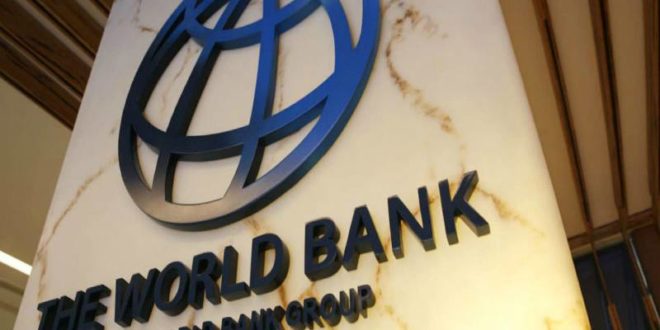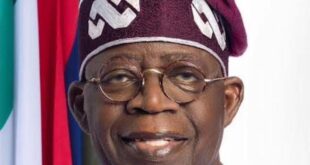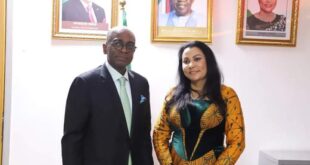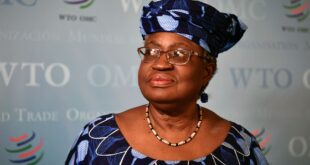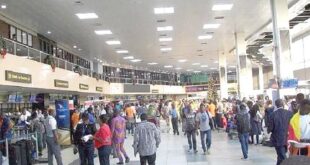In Nigeria, 80% of government subsidies to the electricity sector benefit the rich at the expense of the poor, who capture only 2%. According to the World Bank, since 2017, the federal government has borrowed 1.3 trillion naira ($3.38 billion) from the Central Bank of Nigeria (CBN) to make up the shortfall created by a power tariff lower than the cost of generating electricity.
The federal government must reduce these subsidies, the World Bank warns. Otherwise, the tax burden will continue to grow, reducing funding for other sectors such as education and health, which will then slow economic growth.
The government’s debt service to the Central Bank is estimated at $550 million per year for the period 2020 to 2027. The initial debt was allocated, without conditions, to Distribution Companies (DisCos) allowing them to pay Production Companies (GenCos). Accountability conditions were not introduced until May 2019.
The World Bank also points out several factors that could hamper the implementation of the planned power reform in Nigeria. The institution says macro-economic risks are high and result from uncertainty about key fiscal parameters and risks related to Covid-19. In 2020, the pandemic has led to a drop in oil prices, and authorities fear a recession that would worsen the already weak financial situation of the power sector.
Risks related to distribution constraints are also high. “The objectives of the program will not be achieved if the constraints related to the distribution segment are not lifted,” the institution says.
(Ecofin Agency) – Gwladys Johnson Akinocho
 The Commerce Africa African Reneissance
The Commerce Africa African Reneissance
